
Google to reveal Titan security chip for cloud services
In an effort to better compete against Amazon and Microsoft in the cloud computing space, Google will this week reveal the technical details of its new Titan computer chip designed to protected the data centers powering its cloud services.
Apparently the chip is the size of a small stud earring and the search company has already installed it in many of the servers and network cards that comprise its own massive data centers. Titan scans network hardware to detect if any unauthorized changes have been made and if so the chip will prevent it from booting up.
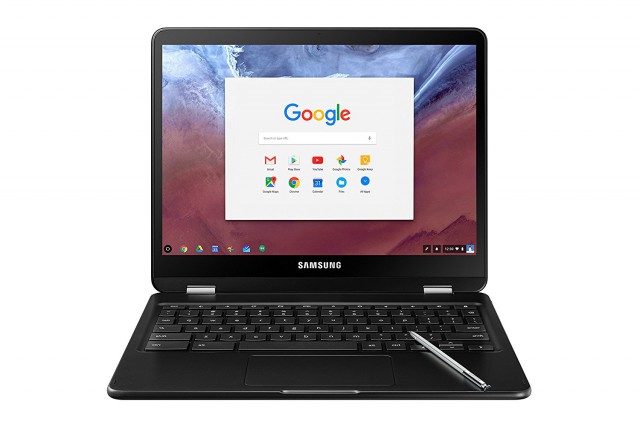
What is Google Chrome Enterprise?
Chromebooks are gaining traction because they are simple, easy to use and offer great value. For consumers, they can be fantastic options. For enterprises, however, Chrome OS needs to go the extra mile in order to become more attractive.
Google is well aware of the longer list of needs that enterprises have, as compared to consumers, which is why it has introduced a new plan, called Chrome Enterprise, that adds a whole host of new features designed specifically with business customers in mind.

Google Chrome stable can now run side-by-side with Beta and Dev variants
When you install Google Chrome Beta or Dev versions on your Windows computer, it overwrites and replaces the stable version. This keeps things fairly simple and neat, as home users won't have multiple versions of Chrome on their PC. The problem with that, however, is the Beta and Dev versions really aren't intended for home users -- even though some still use them. Those unstable versions are intended for testing, meaning having them run side-by-side, like with the Canary builds, would actually be preferable.
Thankfully, Google has now decided to change the default behavior on Windows so that Google Chrome stable can run side-by-side with both the Beta and Dev variants. This means a web developer, for instance, can easily test their page with all three builds at the same time. When you include Canary, that means you could have, in theory, four variants of Chrome at different development stages running at once. Unfortunately, macOS users are excluded from this side-by-side fun -- for now at least.

Here's what's new in Android 8.0 Oreo
Yesterday Google finally revealed Android 8.0, also known as Oreo. Aside from the name, release date and the question of whether individual handsets will be treated to an upgrade, the query on most Android users' lips is "what's new?".
Google says that one of the primary aims with Oreo was to create "fluid experiences," as well as improving speed and efficiency. The company says that it is "smarter, faster, more powerful and sweeter than ever" -- but what does this actually mean in terms of new features?
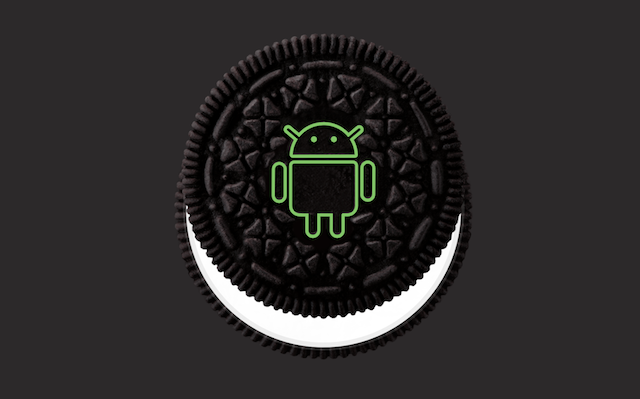
Android 8.0 Oreo is here, and as usual, your device will probably never get it -- hooray!
Look, we all knew Android 8.0 would probably be called "Oreo," and we now have confirmation. Today, Google releases 8.0 of its Android operating system and officially names it "Oreo" after the sandwich cookie. This is the search-giant's second time partnering with a brand for a dessert name, with the other time being "Kit Kat". Strangely, Google even used the solar eclipse to promote the Oreo name.
Truth be told, it does feel kind of cheap and commercialized to have a corporate product tie-in. After all, if Windows 10 was named "Slim Jim," for example, and Microsoft urged you to snap into its operating system, consumers would be up in arms. When Google does, it, however, people celebrate.
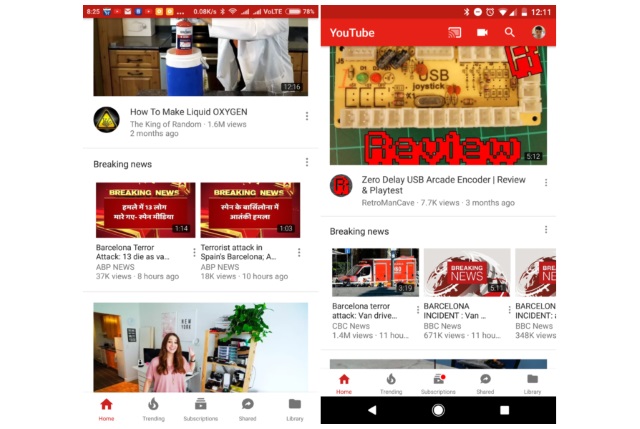
YouTube introduces a breaking news section
To make it easier for people to access up to date information about what is going on the world, YouTube is adding a "Breaking News" section to its website and mobile apps.
The new section takes the form of an additional video carousel, and it provides access to new stories from a number of sources. At the moment, not all users are seeing the Breaking News carousel, and Google has not made an official announcement about it, but it does seem to be spreading out at the moment.
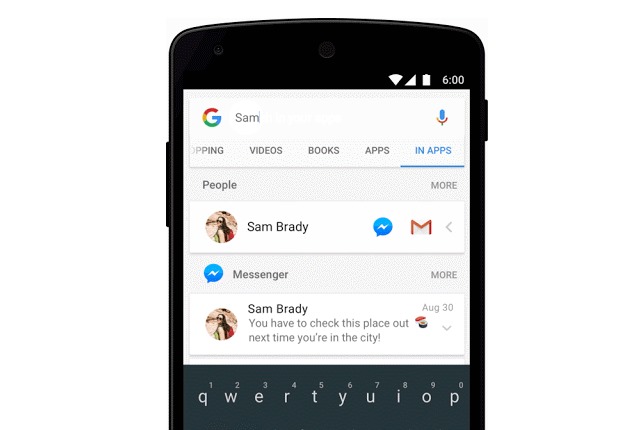
Google brings video previews to search results on Android
Google is undeniably the best search engine for results -- concerns about privacy be damned. Alternatives such as Bing and DuckDuckGo aren't terrible, but the optimal experience still comes from Google -- for now.
Today, Google announces a cool new search feature for its Android operating system. When using either the Chrome web browser or the official Google app, you will now sometimes see video previews in results. In other words, rather than needing to click a video to load it entirely, you can instead see a brief snippet, allowing you to see if the video should meet your needs.

Box embraces Google Cloud Vision to boost image recognition capabilities
Box has revealed a major upgrade to its cloud content management systems thanks to a new partnership with Google.
The online storage giant will now use Google's Cloud Vision platform to improve its image recognition capabilities, allowing enterprises a quicker way to identify key insights from the images uploaded into its service as part of unstructured data.

Google unveils total solar eclipse site to count down to Android O launch
On Monday August 21, there are two big events to look forward to: the total solar eclipse, and the launch of Android O. Google is tying the two together with the launch of a new site counting down to the two events.
With the launch of the eagerly anticipated Android O (will the name be Oreo, Oatmeal cookie... or something else?), another waiting game starts. Mobile owners around the world will be playing the "will my handset get the update this time around or not?" game. In the meantime, check out the site for eclipse and Android O live streams.

Fastly adds the power of edge computing to Google BigQuery
Companies continue to be keen to exploit the power of big data analytics, and one of the most popular platforms for doing this is Google's BigQuery.
Edge cloud platform Fastly is announcing a new integration that allows the real-time streaming of logs to BigQuery. This, the first of a number of planned integrations with Google's Cloud Platform, aims to deliver better performance and faster real-time insights.

Google adds Q&A to search and Google Maps on Android
Android users now have a new "Question & answers" option in both Google Maps and search. This is not a general Q&A feature along the lines of Yahoo Answers, but a way to ask questions about businesses.
This appears to be Google's attempt to draw people away from the likes of Facebook when they want to ask questions about hotels, restaurants and other places they may visit. Business owners are able to respond to questions -- as are users -- and they are encouraged to create FAQs to prevent the same queries being posted time and time again.
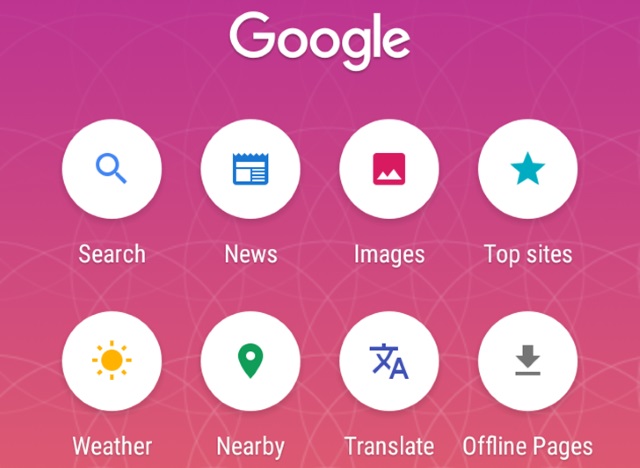
Download Google's experimental data-sipping Search Lite app
Technology companies are increasingly realizing that if they are to break into emerging markets, they're going to have to reduce the amount of data their apps use. Facebook Lite, Twitter Lite and LinkedIn Lite are just some of the less demanding apps to have been launched recently.
Google doesn’t want to miss out on the action. It is currently testing a data-light version of its search app for use in countries with slow connections. Search Lite (or Search (Test App)) is currently available to download from Google Play in Indonesia -- or from other sources if you're elsewhere in the world.

Google Home now lets you make free calls
If you're a Google Home user living in the US or Canada, Google is now rolling out the ability to make free phone calls.
The announcement sees the company making good on a promise from I/O 2017, and it extends the call-making capabilities of Google Assistant from smartphones to Google Home. There are, of course, a few limitations to keep in mind.
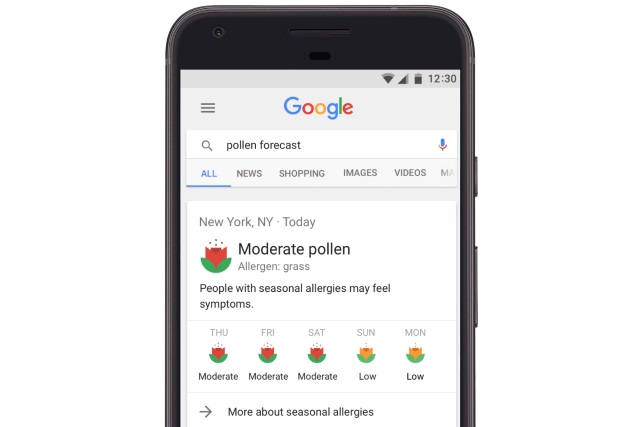
Google adds pollen forecasts to searches
A lot of people like to know what the weather is going to be like, but if you suffer from hay fever it can be all the more important to know what to expect. To make life a little easier for people struck by "seasonal allergies," Google is rolling out pollen forecasting.
The new feature is integrated into Google search, and it comes as the search giant teams up with The Weather Channel to help give accurate allergy information.
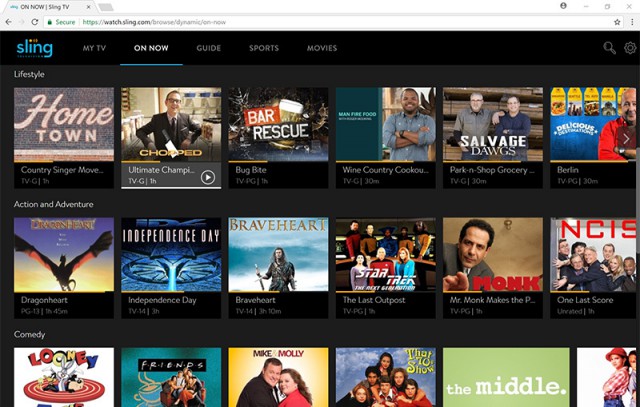
Sling TV now available in Google Chrome on Windows and macOS
Making a streaming service available on as many platforms as possible is key to attracting more and more customers in the cord-cutting era, and, to that end, Sling TV is now opening its doors to Google Chrome users.
Sling TV says that its new player, which is available in beta at this stage, can be used by Chrome users on Windows devices and Macs and comes with support for both live and on-demand content.
